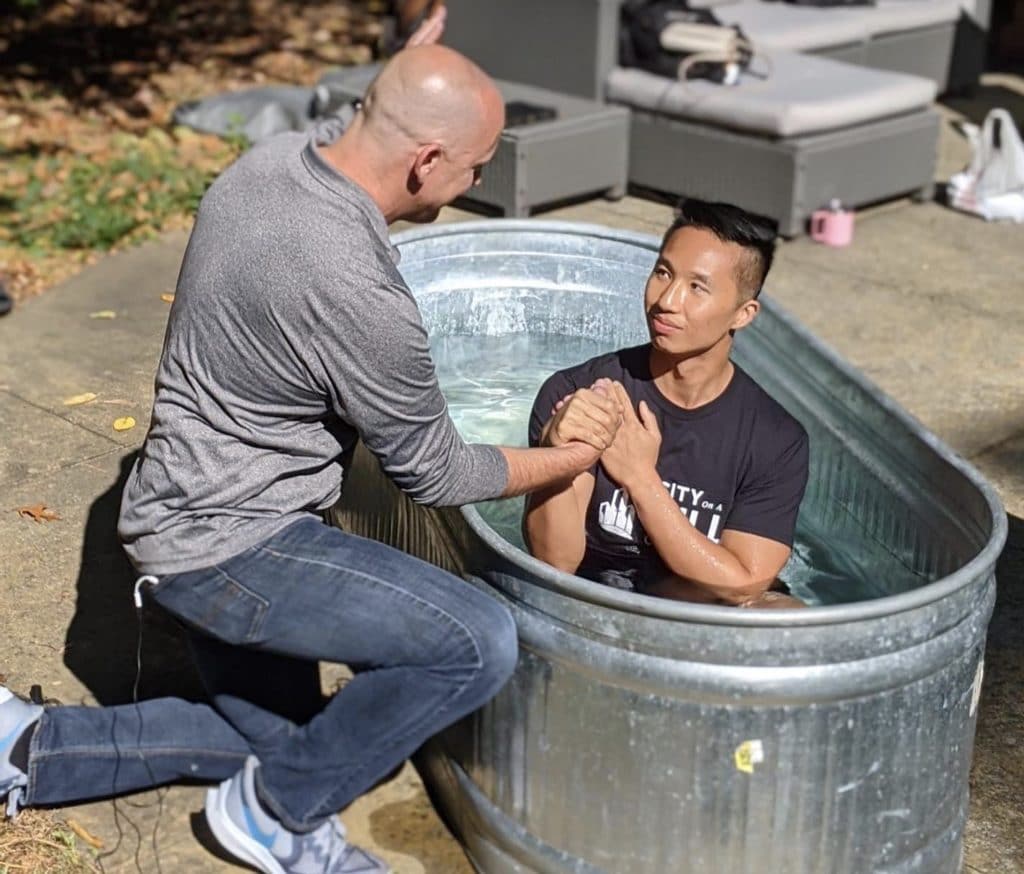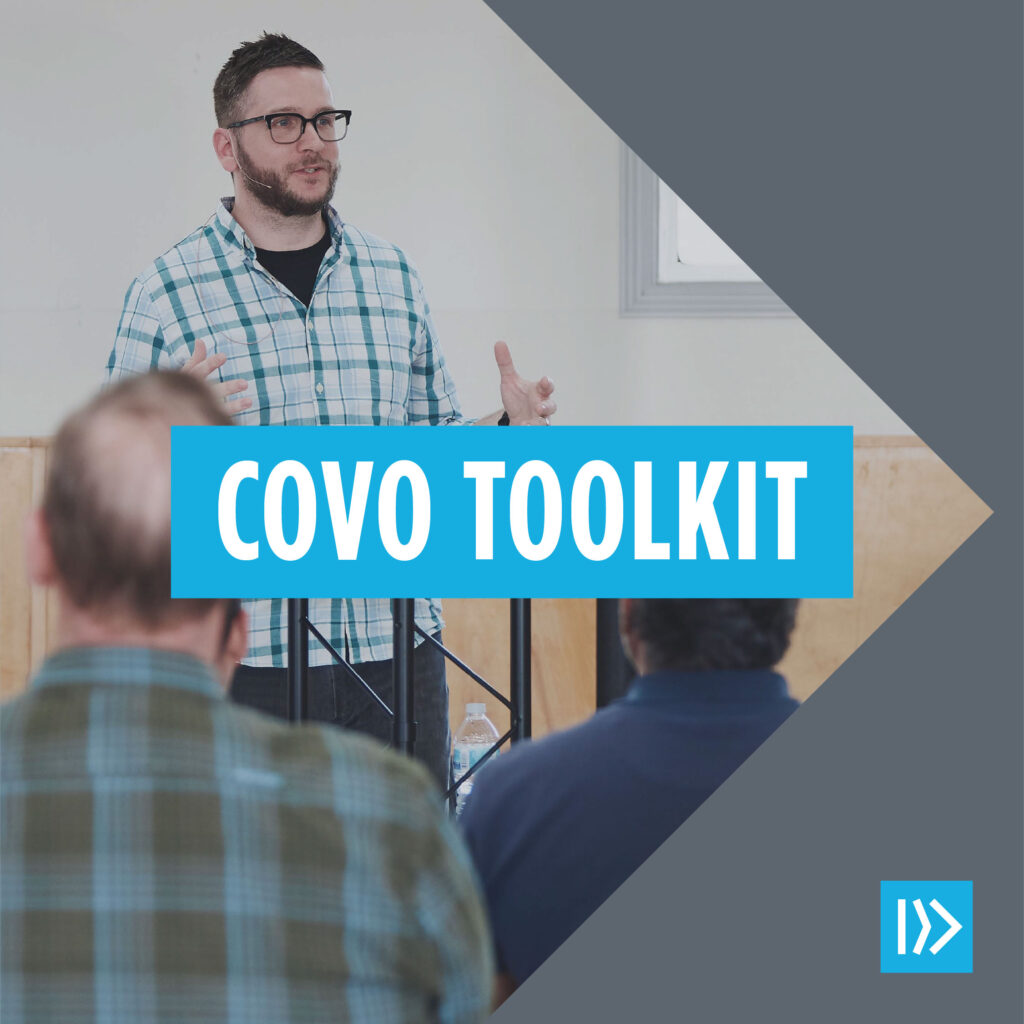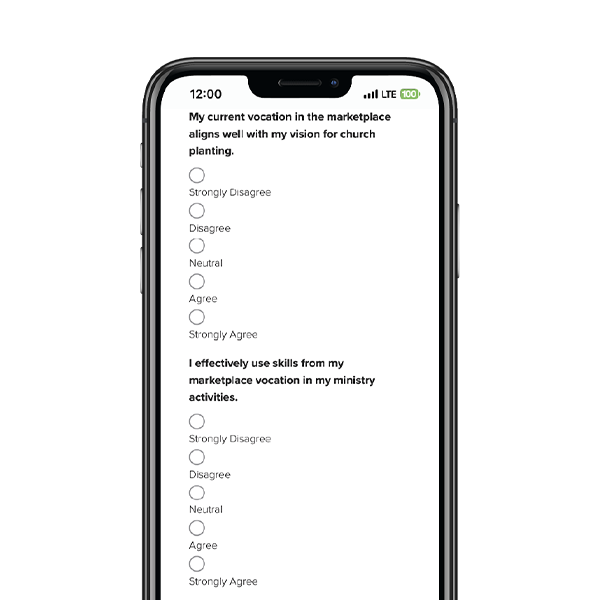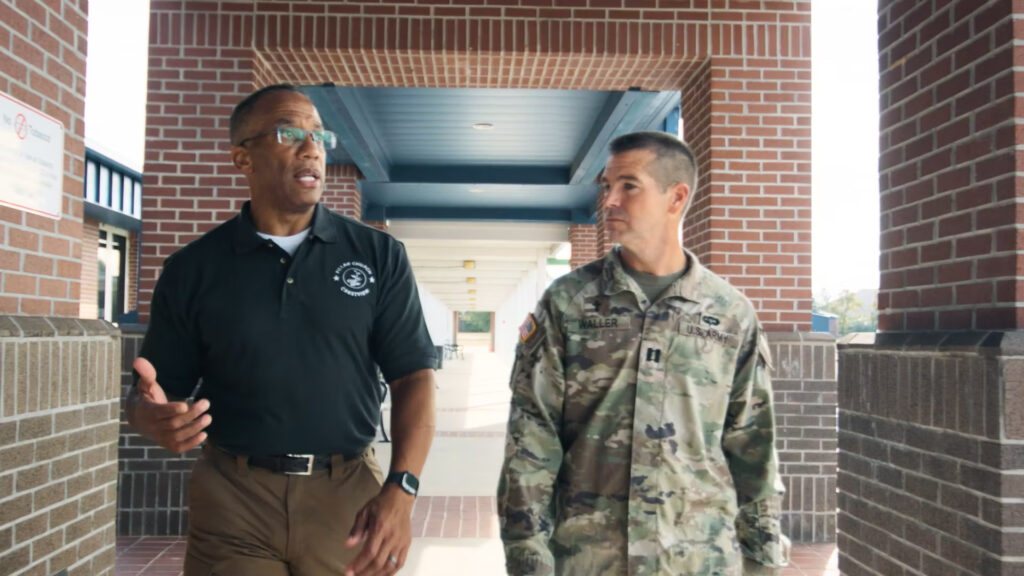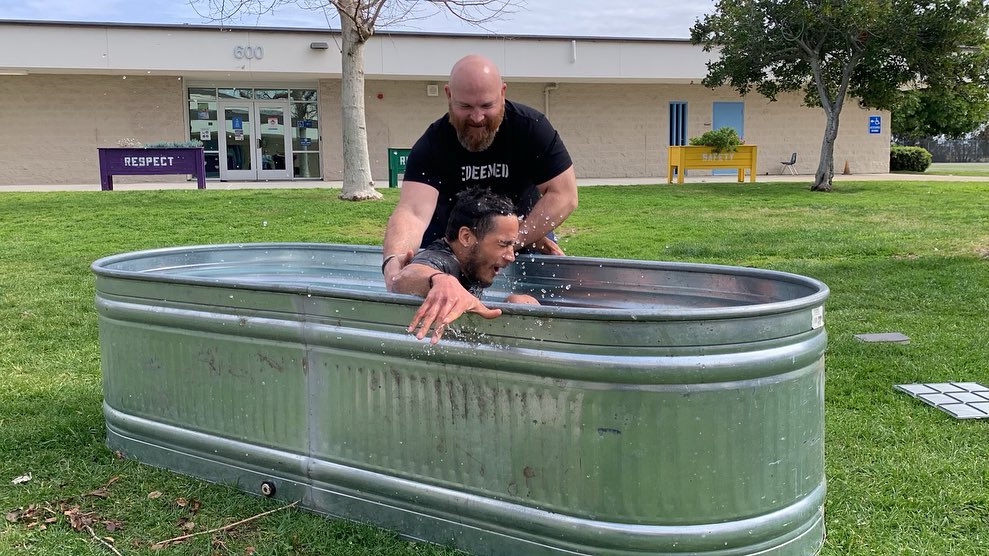No healthy 36-year-old expects their heart to call it quits — particularly at the genesis of their church planting journey.
Bland Mason, the lead pastor of City on a Hill Church in Brookline, Massachusetts, had just transplanted his family to the Boston area. They had been there about a year and were in the trenches of the church planting grind. A few days after one of their regular core team meetings in a local Jewish synagogue, Bland’s heart stopped.
“On Tuesday night, October 13, after I went to bed, I had a sudden cardiac arrest in my sleep,” he said. “I was gone for eight minutes. My wife thought I had a bad dream; then she saw something was wrong and did CPR. The ambulance came, and they tried to revive me with a defibrillator. I spent two and half days in a medical coma.”
At the time, they were about six weeks into building their core team to launch City on a Hill Church. In the wake of the exhilarating season of planting a church, when new people are showing up to inquire about the new gathering, the lead planter was in the hospital, unsure of his future.
“Our core group had community groups that met and spent the whole time in prayer for us — some were strangers. Many of those new people who were coming around became covenant members and elders. They loved and served our family so generously, and some of them didn’t even know us,” Bland said.
By God’s grace, he woke up with no brain damage.
“God used that season in ways I couldn’t imagine, specifically to unite our core team.”
He reminisced, jokingly saying that those early visitors must have wondered if there would still be a church since the pastor was in the hospital during their first visit. Not only is there still a church, but City on a Hill has planted several other churches.
A DNA OF MULTIPLYING CHURCHES
Since their launch in 2010, averaging no more than 250-300 people on Sundays and still not owning a worship space, they’ve planted seven churches.
“When we moved to Boston, we knew it didn’t need just one church. It needed tons of churches. One church wasn’t going to be able to serve the city.”
City on a Hill planted with a vision of multiplication and a culture of generosity.
“We wanted to be a church that plants other churches,” he said. “In the early days — when our core team was meeting in the Jewish synagogue, getting ready to launch — another church plant core team showed up in our service. We took up an offering and gave them money. People in our church were constantly exposed to other church planters.”
THE JOY AND SACRIFICE OF MULTIPLICATION

In their third year, City on a Hill Church — still young themselves — launched their first church plant.
“A guy did a residency program with us for a year, and we planted him with 15-20% of the church. That was our first church plant, back in 2013.”
Time and time again, church planters have recounted the joy and pain of planting another church — the joy in accomplishing their vision and the sorrow of saying “goodbye” to beloved members.
Being a church that multiplies is sacrificial, especially for smaller churches. When a certain percentage of your church leaves, the sting is felt. Even still, God has called every local church to be generous — with their time, recourses and even their people.
“In the beginning, when everything was happening with my heart, I sensed God saying to me, ‘I don’t need you to build My Kingdom, but I want to let you be part of building it.’ That changed the way I thought of our church plant. I had a bit of my ego and identity wrapped up in it, as many planters may experience. God did a lot to free me from that, and I think that’s one of the reasons we were able to be generous with people in planting other churches.”
Even if the start of your church planting journey begins with unexpected bumps, any church can multiply. Churches don’t have to be large to reproduce, but they must be committed.
Learn more about church planting at SendNetwork.com.
Published August 26, 2021
